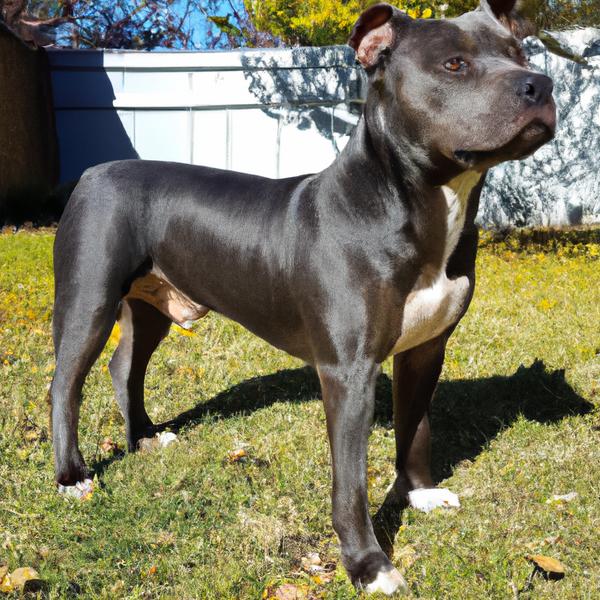Bullypit vs. Alaskan Malamute: Breed Differences and Similarities
Hypoallergenic
Are Bullypits or Alaskan Malamutes hypoallergenic, or neither?
Unfortunately, neither Bullypit nor Alaskan Malamute are hypoallergenic, which may not make them the best choice for dog lovers who suffer from pet allergies.
Temperament
What are the personalities of Bullypit and Alaskan Malamute dogs?
Loving
Stubborn
Clownish
Energetic
Alert
Courageous
Intelligent
Friendly
Affectionate
Obedient
Loyal
Gentle
Going
Social
Strong
Willed
Aggressive
Affectionate
Dignified
Loyal
Devoted
Friendly
Playful
Shedding Level
Do Bullypits shed more than Alaskan Malamutes, or which breed sheds more, Bullypits or Alaskan Malamutes?
Bullypits are moderate shedders, but regular brushing can reduce shedding and maintain coat health.
Alaskan Malamutes shed a lot of hair each year, so frequent brushing is essential for reducing shedding and maintaining coat health.
Watchdog Ability
Which dog breed makes a better watchdog, the Bullypit or Alaskan Malamute?
Bullypits aren't great guard dogs; they tend to just watch without taking action.
Choose an Alaskan Malamute if you want a top-notch watchdog. This breed takes guarding seriously, and may not require much training, though obedience or guard dog training can improve their skills.
Origin
What is the origin of Bullypit and Alaskan Malamute dog breeds?
United States
Alaska
Ancestry
What are the origins of Bullypit and Alaskan Malamute breeds?
American Pit Bull Terrier, American Bulldog
Spitz
Date of Birth
When were Bullypit and Alaskan Malamute breeds first developed?
2005
Ancient Times
Litter Size
What is the usual litter size for Bullypit and Alaskan Malamute?
A Bullypit can have a litter of 5-8 puppies on average. However, it's worth noting that the size of the litters can vary greatly. Factors that can influence litter size include the health of the mother, breeding history, and genetics.
An Alaskan Malamute can have a litter of 12-15 puppies on average. However, it's worth noting that the size of the litters can vary greatly. Factors that can influence litter size include the health of the mother, breeding history, and genetics.
Adaptability
Bullypits are known for their adaptability and can adjust well to different environments and lifestyle changes.
Alaskan Malamutes have average adaptability to changes in lifestyle and living environments compared to other breeds.
Health Issues
Between Bullypit and Alaskan Malamute, which breed is more prone to health problems?
Bullypits are susceptible to health issues like all breeds, so it's important to monitor their health and seek veterinary care when needed.
While the Alaskan Malamute breed is generally healthy, occasional vet check-ups are still necessary to address any health concerns.
Major Concerns
What are the major health concerns for Bullypit and Alaskan Malamute breeds?
Hip And Elbow Dysplasia
Canine Hip Dysplasia
Chondrodysplasia (Chd)
Minor Concerns
What minor health issues should be kept in mind when owning Bullypit and Alaskan Malamute?
Demodectic Mange
Cataract
Lysosomal Storage Disease
Cataracts
Glaucoma
Skin Problems
Diabetes
Occasional Tests
What occasional tests are recommended for Bullypit and Alaskan Malamute breeds?
Eye
Hip
Skeletal
Skin Scraping
X-Rays
Eye
Hip
Blood
Chd Clear Rating
Energy
How do the energy levels of Bullypits and Alaskan Malamutes compare?
Bullypits are suitable for those with a balanced lifestyle as they have an average energy level.
Alaskan Malamutes thrive on an active lifestyle due to their high-energy nature.
Social Needs
Bullypit vs Alaskan Malamute social needs comparison
Bullypit and Alaskan Malamute have above average social needs compared to other breeds. They thrive in environments where they have a lot of interaction with humans and other dogs.
Exercise Needed
Bullypit vs Alaskan Malamute exercise need comparison.
The Bullypit and Alaskan Malamute breeds need significant physical activity to maintain a healthy lifestyle. They are well-suited for those who lead an active lifestyle and enjoy activities such as running, hiking, or other outdoor pursuits.
Sleeping Need
Which of the two sleeps the most/least: Bullypit or Alaskan Malamute?
Bullypits have moderate energy levels and typical sleep patterns of 12-14 hours per day.
Alaskan Malamutes are active and require sufficient sleep to stay healthy.
Tendency to Bark
Do Bullypits or Alaskan Malamutes bark more/less frequently?
Compared to most other breeds, Bullypit and Alaskan Malamute tend to be less vocal and bark less frequently. They typically only bark when necessary, such as to communicate or alert their owner, and do not bark excessively, especially when left alone.
Mouthiness
Mouthiness Comparison: Bullypit vs Alaskan Malamute?
Roaming urge
Bullypit vs Labrador: Running away tendency?
Prey Drive
Bullypit or Alaskan Malamute - which breed has a higher level of prey drive?
Past times
What are some enjoyable activities and ways to keep Bullypit and Alaskan Malamute entertained?
Catch treats, Catchingas, Dog Parks, Walking, Tug-of-war, Jogging, Play, Run, Fetch, Training, Family events, Cuddles, Running, Wrestling, Walks, Tug of war, Chase, Cuddle, Bicycle, Aport, Swimming, Car driving, Swim, Ball, Go to Park, Sleeping, Hide & Seek, Chew, Bite, Eating Snacks
Jogging, Trotting, Sniffing, Exploring, Tug-of-war, Walking, Walk, Running, Run, Fetch, Runing, Doing tricks, Play, Snow, Hiking, Walks, Howling, Chasing things, Socialization, Bikejoring, Rollerjoring, Dog Parks, Hikes, Eating Snacks, Winter walks, Sleep, Hike, Tracking, High Five, Herding
Activity Level
Which breed has higher energy, Bullypits or Alaskan Malamutes?
Bullypits are medium-energy dogs and typically enjoy socializing and playing casual or even sustained games of chase with other dogs. They may also have occasional periods of barking or racing around the house.
Alaskan Malamutes are high-energy dogs. They need mental as well as physical exercise. These dogs require a lot of your involvement and without it they can, and will, become problematic dogs.
Tolerance of being left alone
Grooming
Which breed is easier to maintain in terms of grooming, Bullypits or Alaskan Malamutes?
The Bullypit is a low-maintenance breed that doesn't require much grooming.
The Alaskan Malamute requires an average amount of grooming compared to other breeds.
Brushing Frequency
What is the recommended brushing frequency for Bullypit and Alaskan Malamute dogs?
Bullypit and Alaskan Malamute should be brushed at least once a week. Of course, you can give them more frequent brushes if you find that they are still shedding a lot.
Intelligence
Comparing Intelligence: Bullypits vs Alaskan Malamutes
Bullypit and Alaskan Malamute have average obedience intelligence, but they're also independent thinkers. This breed is known for having an exceptionally high IQ, which means they may get into trouble if left to their own devices.
Sensitivity Level
How do Bullypit and Alaskan Malamute compare in sensitivity?
These breeds are more sensitive than others and easily overwhelmed by new surroundings and people. Bullypit and Alaskan Malamute need gentle handling and a calm, stable home environment with positive reinforcement training.
Affection Dependance
Which is the more affectionate dog breed: Bullypit vs Alaskan Malamute?
Apartment Friendly
Which breed is more apartment-friendly: Bullypit or Alaskan Malamute?
Bullypits are good apartment dogs as long as they get enough exercise and stimulation outside of the apartment.
The Alaskan Malamute is not suitable for apartments and requires a large yard to thrive. Pent-up energy in small spaces can lead to destructive behavior.
Child Friendly
Do Bullypits or Alaskan Malamutes have a friendlier temperament towards children?
Bullypit and Alaskan Malamute are kid-friendly dogs. They are good with children and excellent dogs with children if they are socialized and trained at a young age.
Senior-friendly
Which dog is more suitable as a pet for the elderly - Bullypit or Alaskan Malamute?
Cat Friendly
Do Bullypit or Alaskan Malamute breeds have a better compatibility with cats?
Bullypits are somewhat cat friendly and can be trained to get along with cats.
Alaskan Malamutes are not cat friendly.
Dog Friendly
Which breed is more sociable with other dogs: Bullypit or Alaskan Malamute?
Bullypits are less friendly towards other dogs, but can improve with socialization.
Alaskan Malamutes are generally very friendly towards other dogs, with a happy and affectionate temperament.
Pet friendly
How do Bullypit or Alaskan Malamute dogs interact with other pets?
Stranger Friendly
Which breed is more friendly with strangers: Bullypit or Alaskan Malamute?
Bullypits are averagely friendly around strangers but benefit from early socialisation.
Alaskan Malamutes are friendly but may bark at strangers, and training is easy due to their intelligence.
Playfulness
Which breed is more playful between Bullypit and Alaskan Malamute?
Bullypit and Alaskan Malamute are playful dogs. So, no matter how busy the day may get, the best thing you can do for Bullypit and Alaskan Malamute is to make time each day to play. It can be as little as 15-20 minutes, and it will mean the world to them.
Trainability
How do the trainability levels of Bullypits and Alaskan Malamutes compare?
Bullypit and Alaskan Malamute dogs are known for their ease of training and ability to learn quickly, making them a popular choice for pet owners and trainers alike.
Compare Bullypit with other breeds
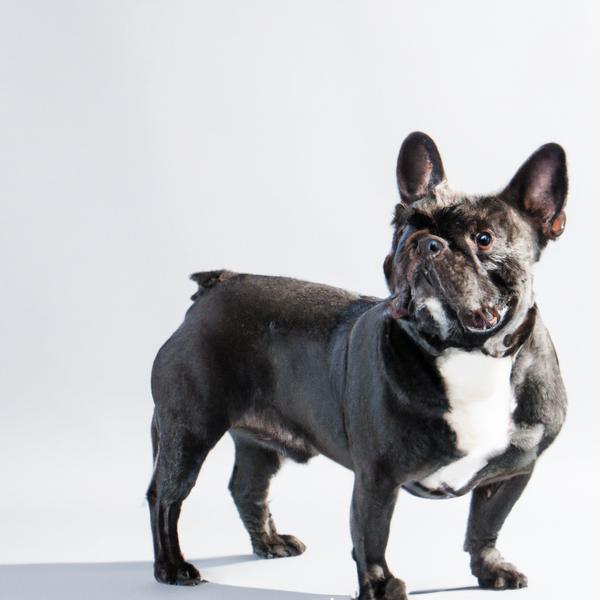
French Bull Jack
Bullypit vs French Bull Jack
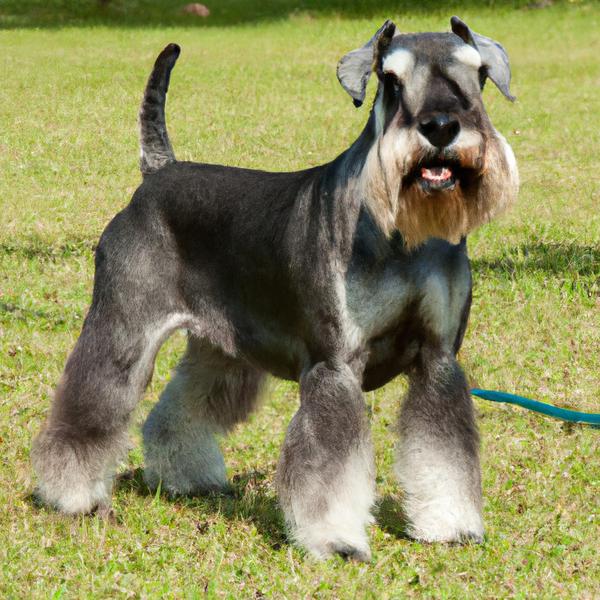
Standard Schnauzer Chin
Bullypit vs Standard Schnauzer Chin
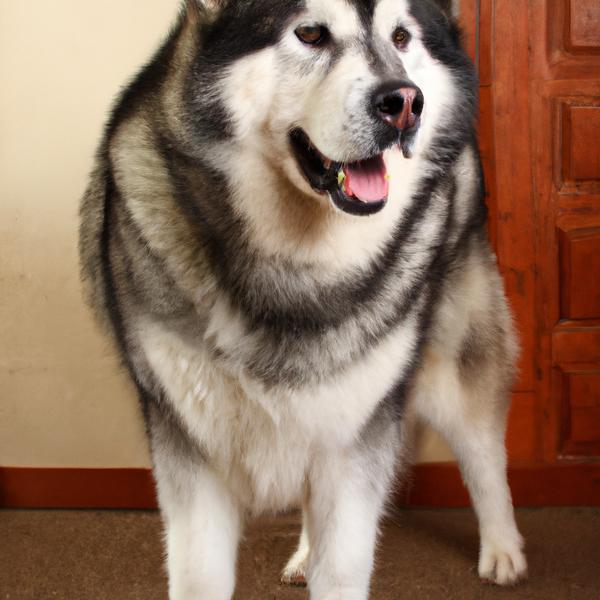
Alaskan Malamute
Bullypit vs Alaskan Malamute
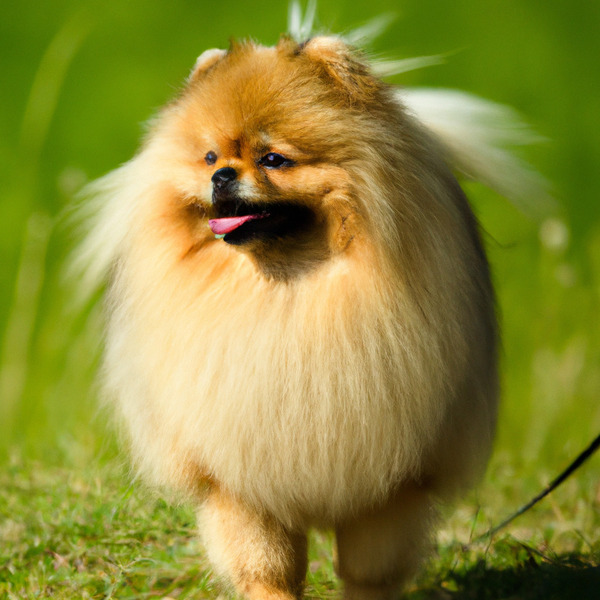
Dameranian
Bullypit vs Dameranian
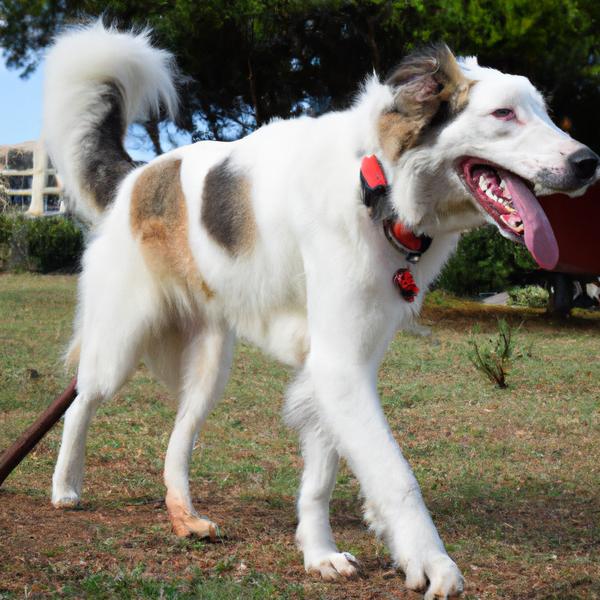
Border Collie Pyrenees
Bullypit vs Border Collie Pyrenees
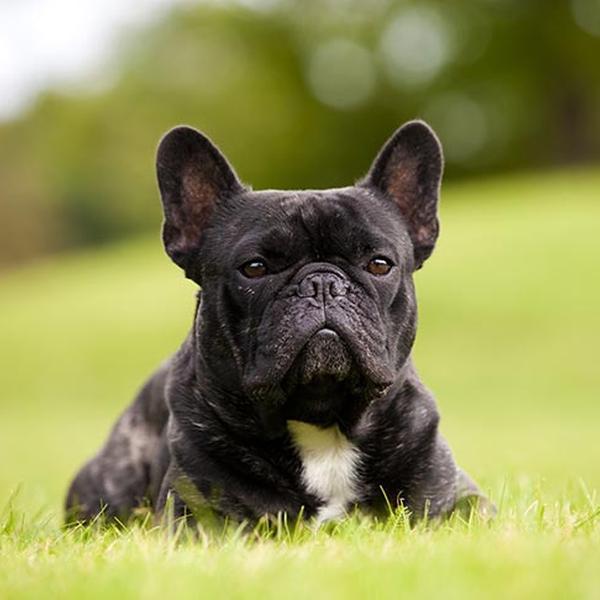
French Bulldog
Bullypit vs French Bulldog
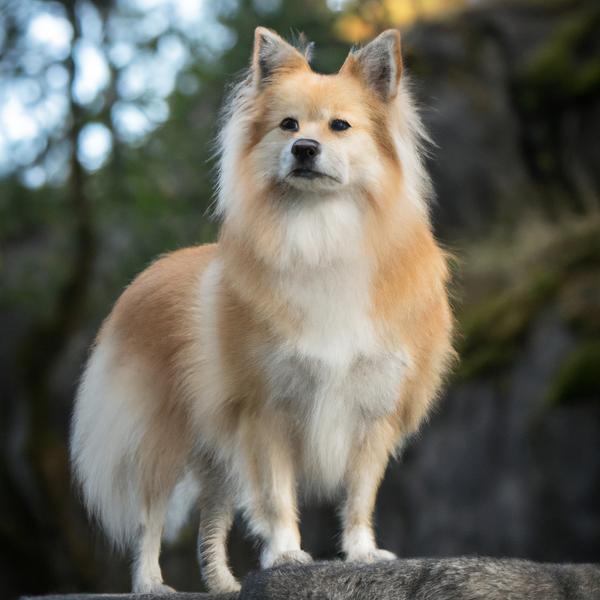
Icelandic Sheepdog
Bullypit vs Icelandic Sheepdog

Smooth Fo-Chon
Bullypit vs Smooth Fo-Chon
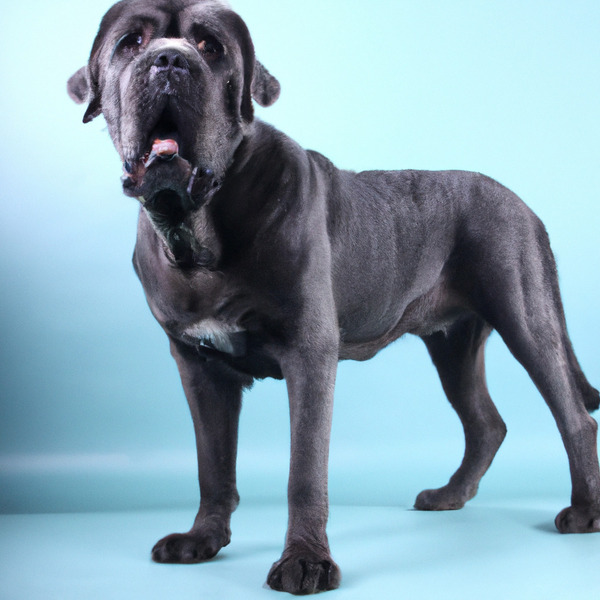
Neapolitan Mastiff
Bullypit vs Neapolitan Mastiff
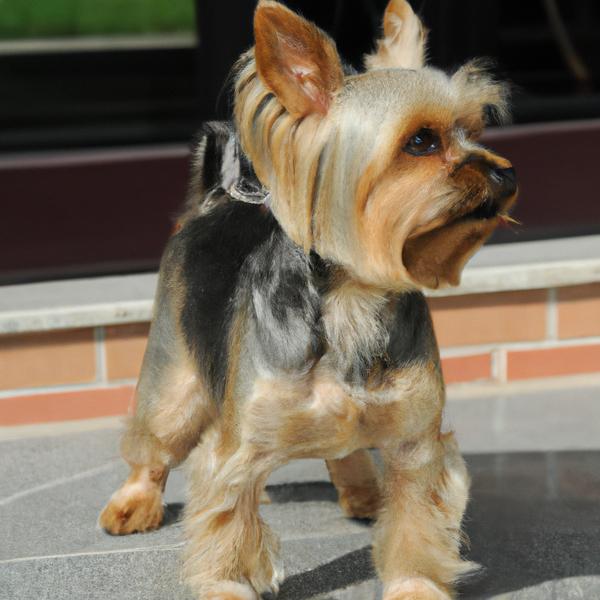
Yorkinese
Bullypit vs Yorkinese
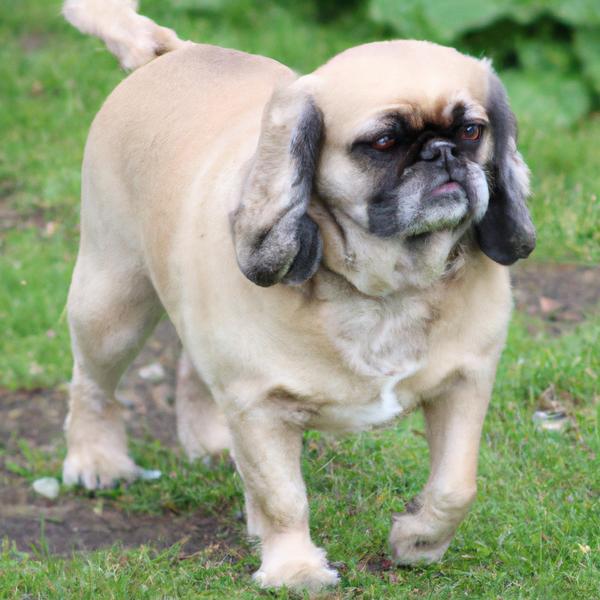
Cocker Pug
Bullypit vs Cocker Pug
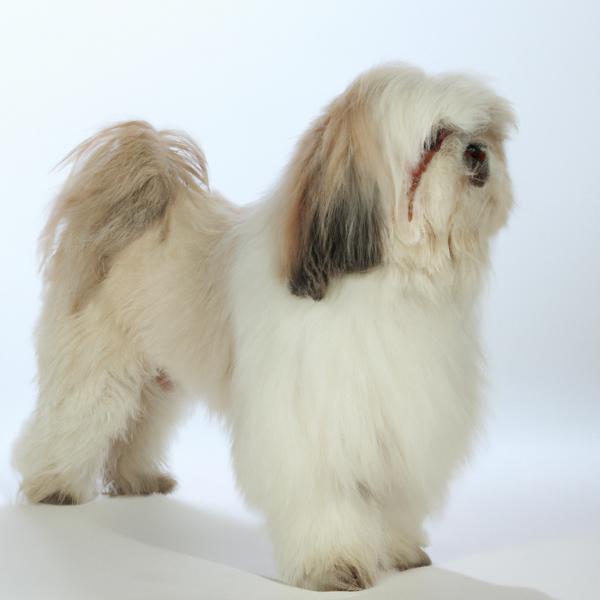
Coton Chin
Bullypit vs Coton Chin
